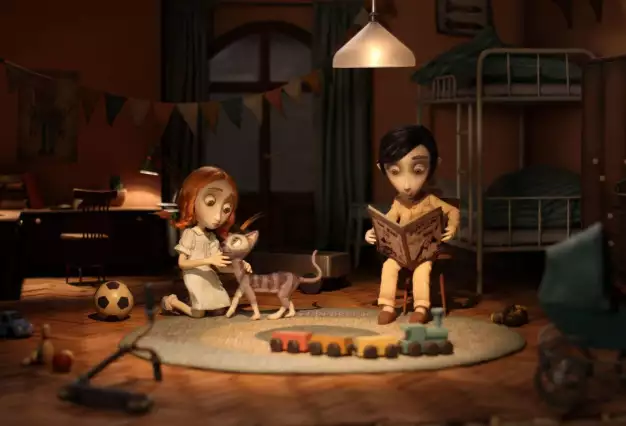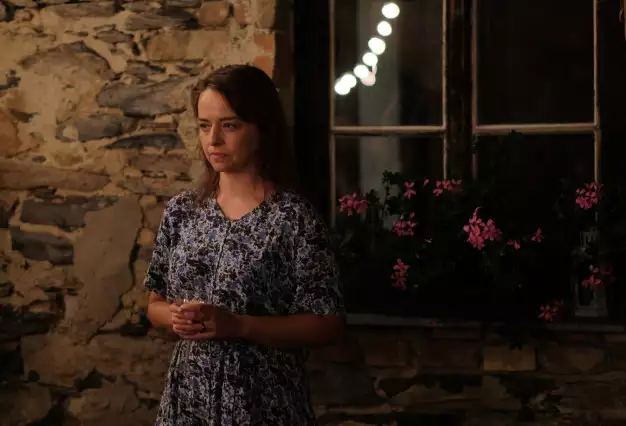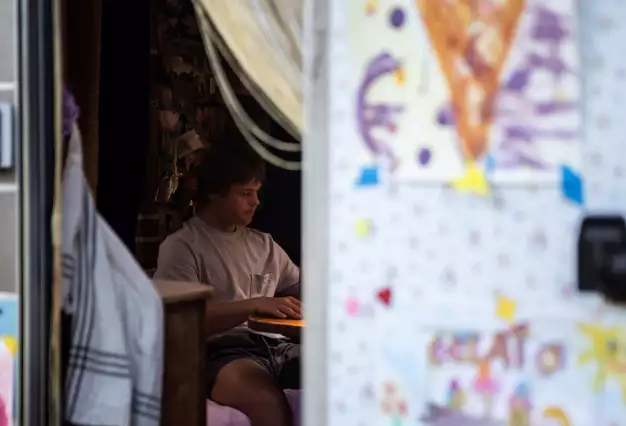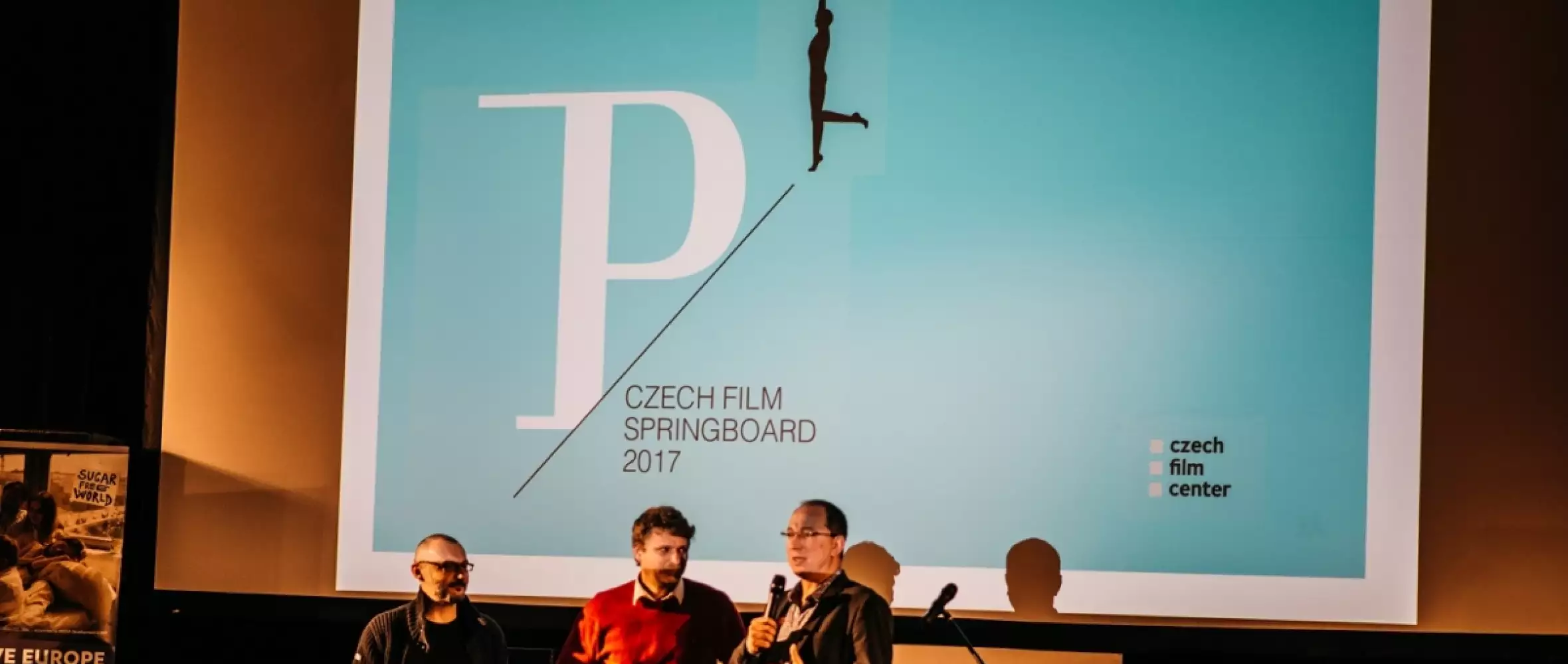
27 April 2017
Czech Film Springboard 2017
Breeding Ground for the Next Czech Cinema
Czech Film Springboard 2017
Breeding Ground for the Next Czech Cinema

Following last year’s makeover of Finále Plzeň, the annual showcase of Czech cinema, the organizers have decided to add on the industry initiative Czech Film Springboard.
Article by Martin Kudláč for Czech Film Magazine / Summer 2017
"Czech Film Springboard is a very important event for us, where we capitalize on our experience, contacts, and knowledge of projects,” says Markéta Šantrochová,the head of Czech Film Center, which organizes the initiative.
“Bringing experienced foreign professionals to the Czech Republic, offering them attractive Czech projects, and facilitating meetings with them for domestic filmmakers free of charge — these are all part of what we do on an ongoing basis,” she adds. The second edition of Czech Film Springboard welcomed an even larger number of foreign experts than last year’s, as well as facilitating one-on-one meetings with participants and arranging introductions to projects beyond the official lineup.
Václav Kadrnka: Saving One Who Was Dead
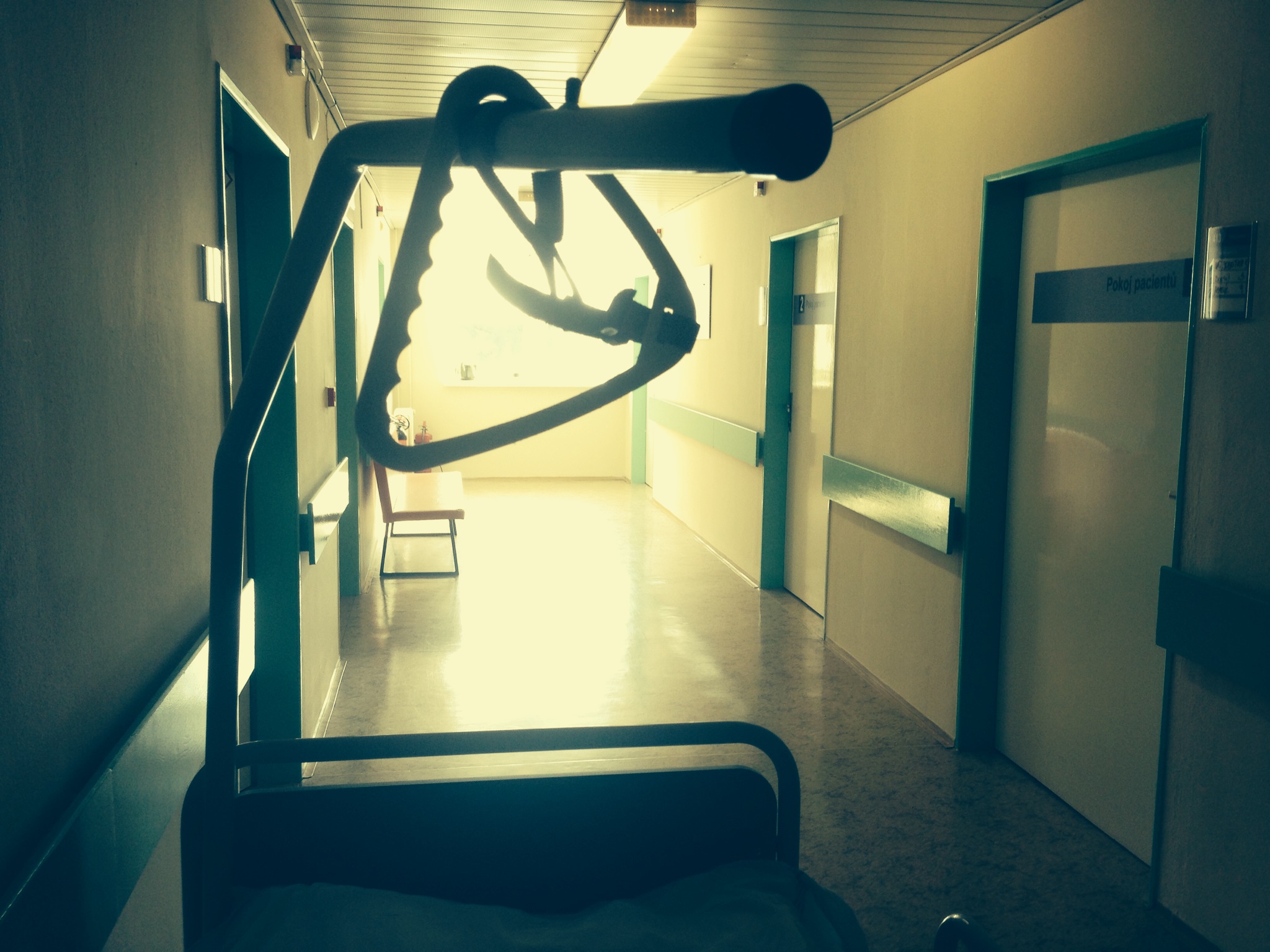
David Jařab: Snake Gas
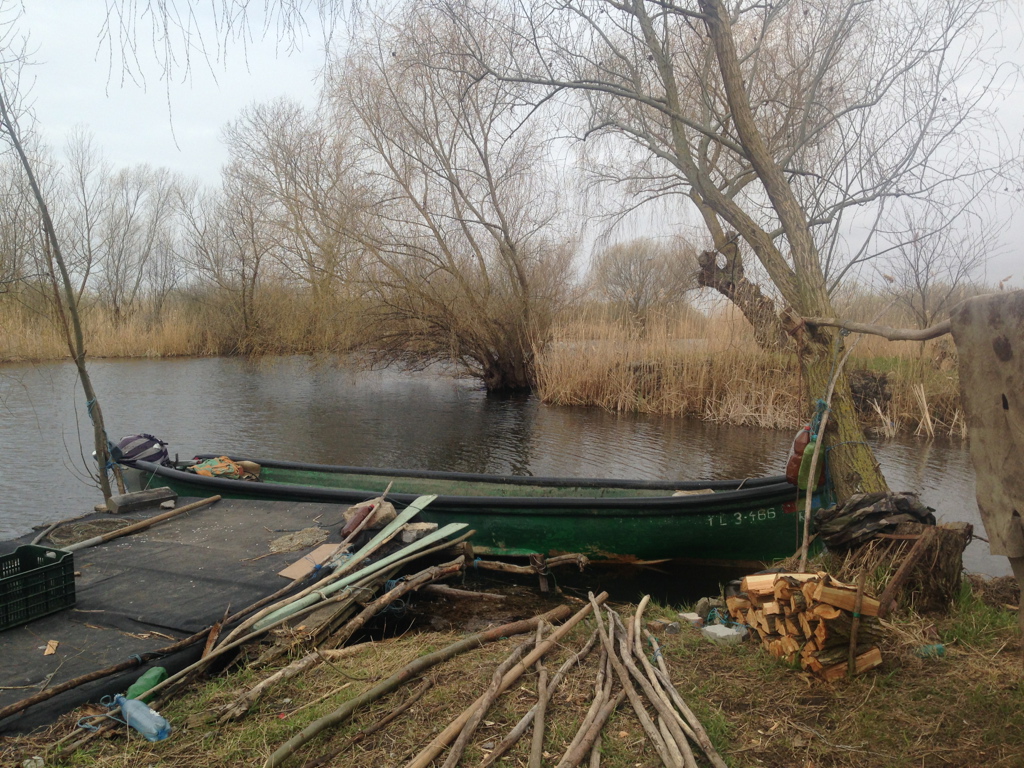 Czech cinema right now is overflowing with literary adaptations in development. Experienced producer Viktor Schwarcz, of Cineart TV Prague, is producing Snake Gas, a film parable loosely inspired by Joseph Conrad’s revered, though frequently misunderstood, Heart of Darkness. The project will be directed by Czech playwright, theater director, and surrealist David Jařab, and is expected to shoot in May 2018, with release planned for February 2019. “The book tells the story on two planes: the description of an adventurous journey, and the perception of the journey as a journey into the heart and the dark recesses of man,” Schwarcz explains, adding that Snake Gas is about a man striving to understand who he is and coming to terms with himself. The majority of the project will be shot on the Danube river delta in Romania, and the producer is open to co-producers willing to come on board, as well as seeking a sales agent.
Czech cinema right now is overflowing with literary adaptations in development. Experienced producer Viktor Schwarcz, of Cineart TV Prague, is producing Snake Gas, a film parable loosely inspired by Joseph Conrad’s revered, though frequently misunderstood, Heart of Darkness. The project will be directed by Czech playwright, theater director, and surrealist David Jařab, and is expected to shoot in May 2018, with release planned for February 2019. “The book tells the story on two planes: the description of an adventurous journey, and the perception of the journey as a journey into the heart and the dark recesses of man,” Schwarcz explains, adding that Snake Gas is about a man striving to understand who he is and coming to terms with himself. The majority of the project will be shot on the Danube river delta in Romania, and the producer is open to co-producers willing to come on board, as well as seeking a sales agent.
Tomasz Mielnik: Gregorius, The Chosen One
Polish filmmaker and FAMU graduate Tomasz Mielnik, meanwhile, is working on an unlikely adaptation of a 12th-century text. Following his debut feature, the cinema homage Journey to Rome, Mielnik’s new project, Gregorius, The Chosen One, reimagines the ascent of Gregorius to the papal throne by weaving together a patchwork of motifs and myths, including King Oedipus, chivalric and biblical stories, and the history that led Thomas Mann to write The Holy Sinner. Mielnik says his intention is “to make the film in a very simple, ascetic way, tying it to the poetics of medieval literature and painting through editing, dialogue and framing. We’re trying to recreate a sense of medieval language, not with a scientific approach, but by way of humor and irony.”
At Czech Film Springboard, Mielnik revealed that he would welcome coproducers, with preference given to Poland, France and Italy. Production is envisioned for 2019, and the project currently has no sales agent attached to it. Science fiction remains an underrepresented genre in Czech moviemaking. Producer Jan Kallista, of Film Kolektiv, and emerging director Robert Hloz take a step toward changing that with their latest project, Restore Point. Billed as speculative fiction, Restore Point was introduced at the European Film Market in Berlin and Asia’s largest film market, HAF, receiving positive reactions: in the not-so-distant future, in the wake of the first refugee crisis, the Free European Federation introduces a new law that guarantees its citizens “one whole life to live.”
Kallista said that a co-production with Canada would be ideal, due to the genre nature of the project and Canada’s recent entry into the Eurimages support fund. Negotiations with Slovenia, Poland and Austria are under way, and production work is scheduled for autumn 2018.
Robert Hloz: Restore Point
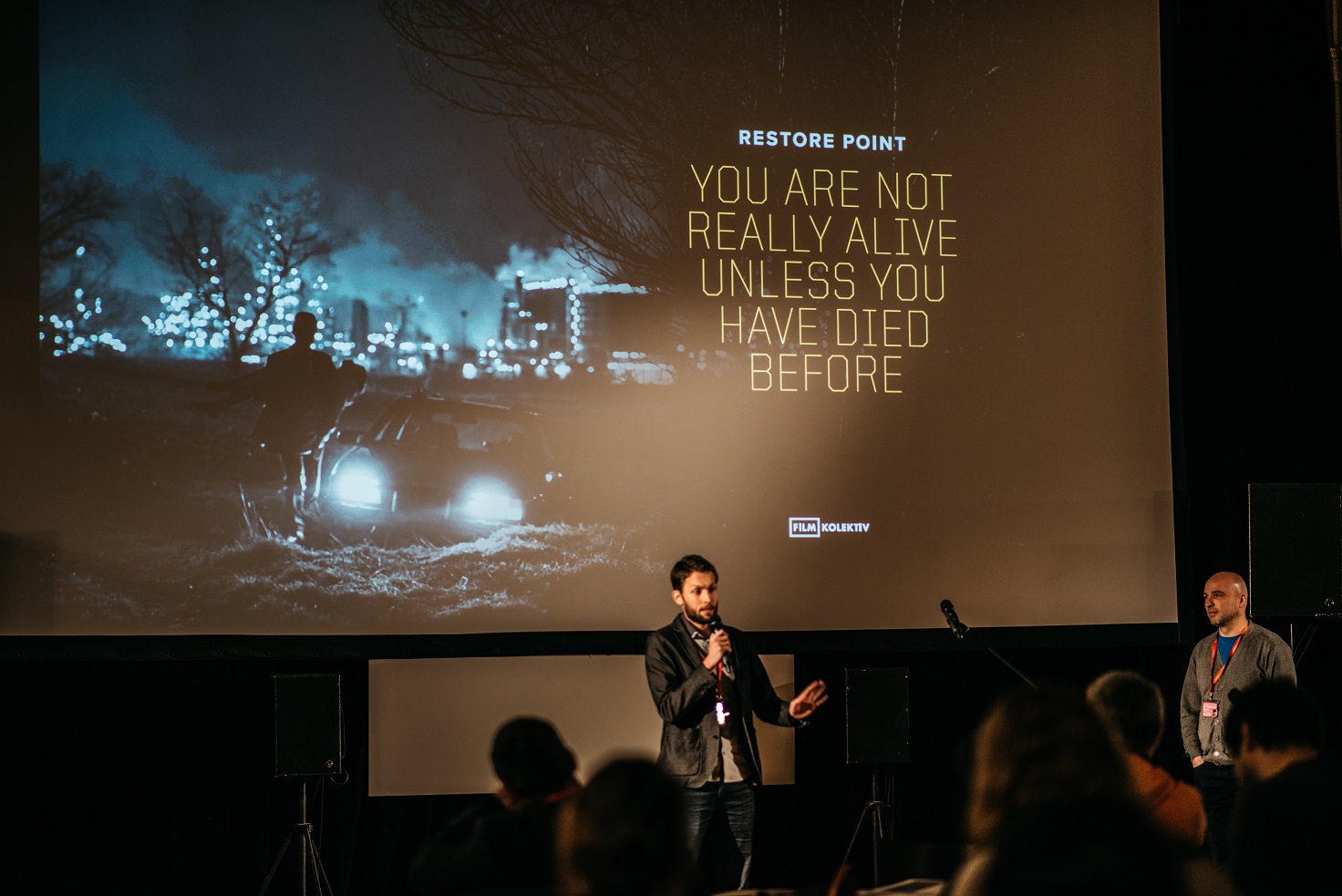 Science fiction remains an underrepresented genre in Czech moviemaking. Producer Jan Kallista, of Film Kolektiv, and emerging director Robert Hloz take a step toward changing that with their latest project, Restore Point. Billed as speculative fiction, Restore Point was introduced at the European Film Market in Berlin and Asia’s largest film market, HAF, receiving positive reactions: In the not-so-distant future, in the wake of the first refugee crisis, the Free European Federation introduces a new law that guarantees its citizens “one whole life to live.” Kallista said that a co-production with Canada would be ideal, due to the genre nature of the project and Canada’s recent entry into the Eurimages support fund. Negotiations with Slovenia, Poland and Austria are under way, and production work is scheduled for autumn 2018.
Science fiction remains an underrepresented genre in Czech moviemaking. Producer Jan Kallista, of Film Kolektiv, and emerging director Robert Hloz take a step toward changing that with their latest project, Restore Point. Billed as speculative fiction, Restore Point was introduced at the European Film Market in Berlin and Asia’s largest film market, HAF, receiving positive reactions: In the not-so-distant future, in the wake of the first refugee crisis, the Free European Federation introduces a new law that guarantees its citizens “one whole life to live.” Kallista said that a co-production with Canada would be ideal, due to the genre nature of the project and Canada’s recent entry into the Eurimages support fund. Negotiations with Slovenia, Poland and Austria are under way, and production work is scheduled for autumn 2018.
Mira Fornay: Frogs With No Tongues
2013 Rotterdam winner Mira Fornay has been busy lately on her third feature, Frogs With No Tongues (Cook, F**k, Kill), expected to shoot this August. The project has already traveled a lot, with two presentations in Marché du Film, at IFF San Sebastian, a win for Best Project at Sofia Meeting in 2014, and presentations at Cinemart in Rotterdam, the Berlinale Film Market, the Karlovy Vary Pitch&Feedback, and overseas, at Toronto Film Lab during last year’s IFF Toronto. Fornay, who hails from Slovakia, borrowed a quote from Federico García Lorca’s The House of Bernarda Alba for the title, since they both share the main theme of domestic abuse.
Frogs With No Tongues is billed as an absurd drama, akin to Edward Albee’s Who’s Afraid of Virginia Woolf in taking on the subject of family (“the most aggressive group in society, except for the army and police,” the director remarks), intimacy and gender. To add an extra layer, Fornay says the film will employ video-game principles, allowing the main character to revise parts of his story. Czech Television and the Croatian outfit Kinorama Zagreb are both already on board for the project, which is being produced by Viktor Schwarcz for Cineart TV Prague, with majority support from the Czech State Cinematography Fund in the amount of EUR 280,000.
Kazda, Weinreb: Nobody Likes Me
 Petr Kazda and Tomáš Weinreb, the award-winning team of writer-director-producers, are already bracing for a follow-up project after the success of their first feature, I, Olga Hepnarova. This intimate portrait of an unlikely serial killer, based on actual events, not only garnered accolades in its travels of the festival circuit, but saw theatrical release in 11 countries, with licensing for other forms of distribution in Europe, Asia, and North and South America. The pair’s sophomore feature, Nobody Likes Me, cleaves to a similar, if not identical, line. “Again a female main character, but in an urban military environment, with a troubling romantic identity and sexual issues,” says French coproducer Guillaume de Seille of Arizona Films. The project is currently in the middle of the development stage, and was pitched at Sofia Meetings, where it got attention from potential co-producers and pitching events. With a likely budget of EUR 1.5 million, principal photography is tentatively set for fall 2018, and negotiations with Slovakia and Poland are ongoing.
Petr Kazda and Tomáš Weinreb, the award-winning team of writer-director-producers, are already bracing for a follow-up project after the success of their first feature, I, Olga Hepnarova. This intimate portrait of an unlikely serial killer, based on actual events, not only garnered accolades in its travels of the festival circuit, but saw theatrical release in 11 countries, with licensing for other forms of distribution in Europe, Asia, and North and South America. The pair’s sophomore feature, Nobody Likes Me, cleaves to a similar, if not identical, line. “Again a female main character, but in an urban military environment, with a troubling romantic identity and sexual issues,” says French coproducer Guillaume de Seille of Arizona Films. The project is currently in the middle of the development stage, and was pitched at Sofia Meetings, where it got attention from potential co-producers and pitching events. With a likely budget of EUR 1.5 million, principal photography is tentatively set for fall 2018, and negotiations with Slovakia and Poland are ongoing.
Kaveh Daneshmand: Night of the Whale
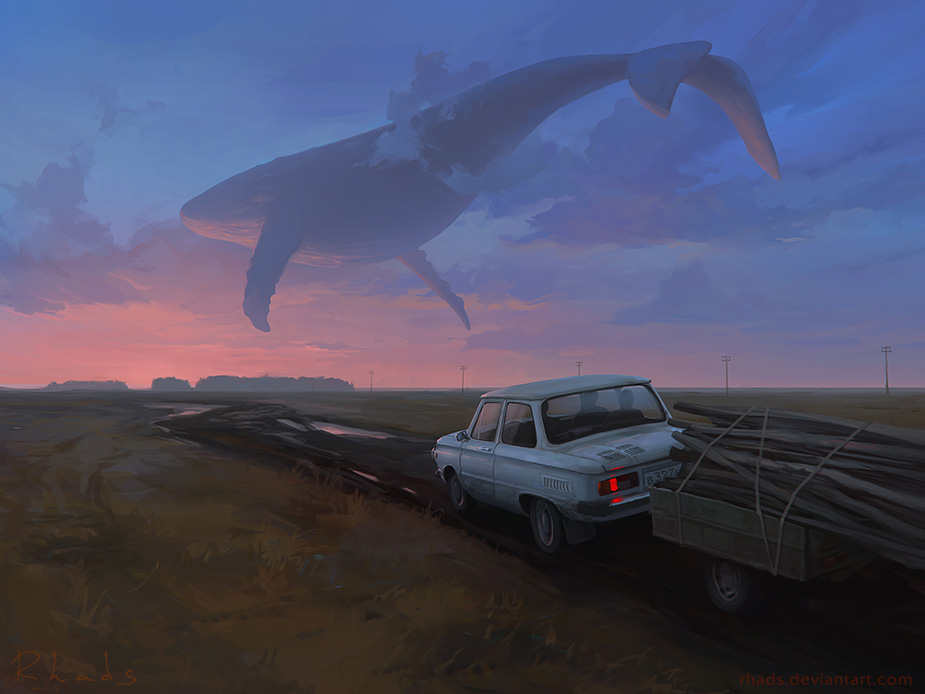 The 2017 lineup for Czech Film Springboard also includes the unique Czech-Iranian coproduction Night of the Whale. “The story unfolds as the portrayal of an ordinary family trip to Poland, in the hope of getting a breath of fresh air and a change in their lives. But soon the journey is derailed from what it was meant to be, and some long-unspoken truths about the family’s past resurface,” says the film’s Prague-based writer-director Kaveh Daneshmand. He expects to wrap development by start of 2018, with shooting in the fall, and a finish by end of 2018. The project is a co-production of the Czech Republic and Iran and is seeking additional co-production partners from Poland and France. “The story hints at the topics of immigration, alienation, loneliness, and the difficulty of mutual understanding, regardless of one’s language and roots,” Daneshmand sums up.
The 2017 lineup for Czech Film Springboard also includes the unique Czech-Iranian coproduction Night of the Whale. “The story unfolds as the portrayal of an ordinary family trip to Poland, in the hope of getting a breath of fresh air and a change in their lives. But soon the journey is derailed from what it was meant to be, and some long-unspoken truths about the family’s past resurface,” says the film’s Prague-based writer-director Kaveh Daneshmand. He expects to wrap development by start of 2018, with shooting in the fall, and a finish by end of 2018. The project is a co-production of the Czech Republic and Iran and is seeking additional co-production partners from Poland and France. “The story hints at the topics of immigration, alienation, loneliness, and the difficulty of mutual understanding, regardless of one’s language and roots,” Daneshmand sums up.


